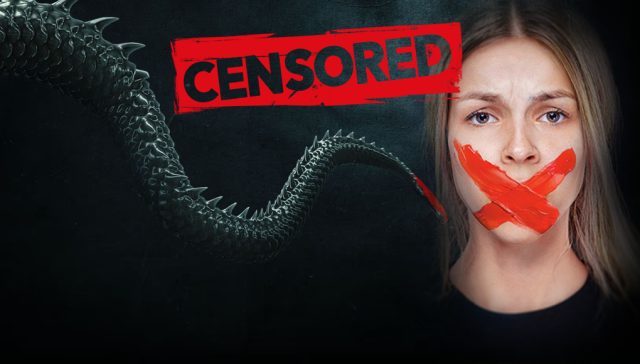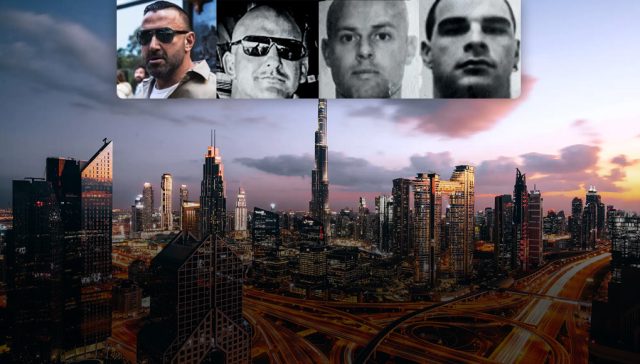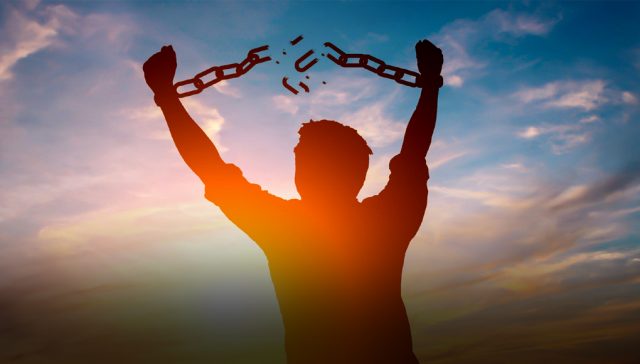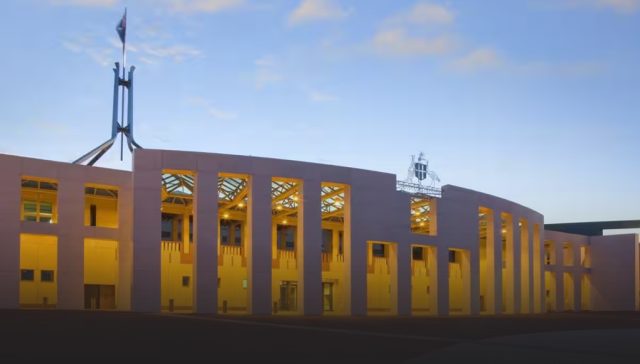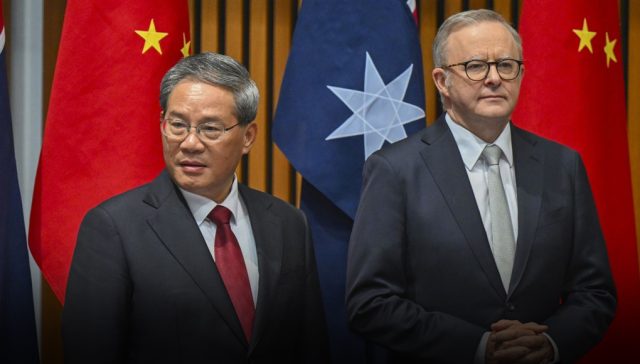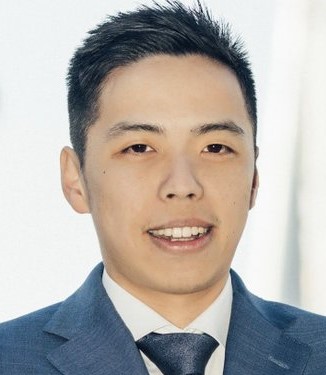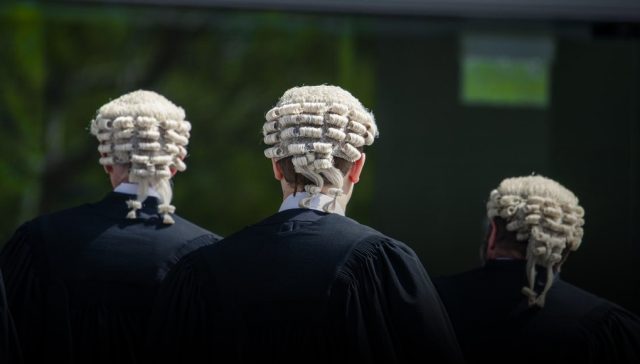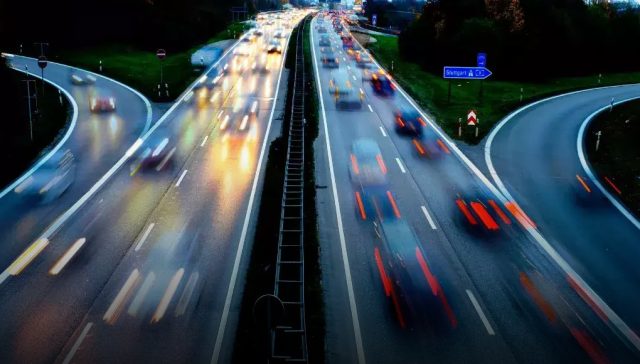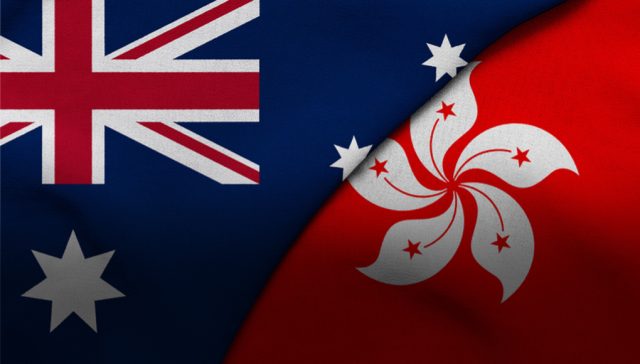Slaying the dragon of censorship.
Is there no wild beast more savage than man when his passions are armed with power?
This is the question the ancient Greek historian, Plutarch, asked in relation to the actions of the newly formed triumvirate of Octavian (soon to be Rome’s first emperor, Augustus), Antony, and Lepidus as they turned on their Roman countrymen in their quest for power in the final stages of the fall of the Roman Republic in 43 BC.
It is a reasonable question to be asked of anyone aiming to assume leadership over their fellow citizens, no matter the period in history. That we have enough warnings of the traps which men fall into, should be uppermost in our minds when it comes to seeing our democracies as fair and reasonable.
At least we are only de-platformed, never to be seen in cyberspace again!
The most prescient warning, articulated in what I consider the best advice when setting up government, was penned by the Roman historian, Livy.
“The study of history is the best medicine for a sick mind; for in history you have a record of the infinite variety of human experience plainly set out for all to see; and in that record you can find for yourself and your country both examples and warnings; fine things to take as models, base things, rotten through and through, to avoid.”
To the question of power, I argue that it is even more pertinent today in our modern liberal democracy, because we were led to believe that modernity has ushered in a more humane, decent, and enlightened way to conduct our lives.
Recent events, however, prove otherwise.
Much has been written about the powers sought by Australia’s e-Safety Commissioner, Julie Inman-Grant, to silence Australians as if we were kindergarten children who cry out for guidance at every turn in the playground.
By now we ought to be used to unfettered power being sought and wielded by senior bureaucrats; the recent four years of mandates and scare tactics being a prime example. But we should never get used to our political representatives further bolstering those powers without consulting the people first.
It is frightening to consider what might lay before us here in Australia, with the recent announcement by opposition leader, Peter Dutton, that the Liberal Party in government would introduce a ban on social media for children under 16 years of age.
This is the mainstream party that apparently espouses the values of individual liberty.
Dutton says that facial recognition to determine somebody’s age is “appropriate.” That, therefore, would leave anyone over 16 needing to comply with this ultimatum if they want to have a social media presence.
No doubt the government will call it “choice.” We will be told it is all in the name of safety; in this case, keeping children safe online. Nobody disputes the gold standard of being able to keep children safe from harm, but to punish law-abiding citizens by extinguishing their individual right to express themselves and associate with others in a peaceful way, is wrong.
Is there no wild beast more savage than man when his passions are armed with power?
I guess we should consider ourselves fortunate compared to the punishment dished out in the ancient world.
As the Roman Republic lay dying in the late first century BC, Cicero offended Marc Antony in several of his speeches, declaring Antony an enemy of the state.
For his efforts of expressing views to save his beloved Republic from a would-be tyrant in Antony, Cicero had his head and hands cut off, the latter pinned to the rostra in the forum. It was said to be a reminder of what happens to those who disagree with the ruling elite of the day but it was, for Antony, a statement of revenge upon the man who consistently delivered powerful invectives against his character.
At least we are only de-platformed, never to be seen in cyberspace again!
But the words of Cicero are still as meaningful today as they were when he warned his fellow senators that “servitude is the worst of all evils.”
It is with a degree of risk that we stand up publicly and declare his warnings today, but to do so with the eloquence of a man who is considered by many to have been Rome’s greatest politician, would be sweet indeed:
“To be slaves to libertines, bullies, foul profligates, gamblers, and drunkards, that is the ultimate in misery joined with the ultimate in dishonour.”

Gerardine is a Roman historian, with specific interest in Rome’s foundation up to the end of the Republic. She advocates that history gifts us with wisdom for the mind and nourishment for the soul, and keenly defends the ancients’ legacy of civic society, law, and government.






